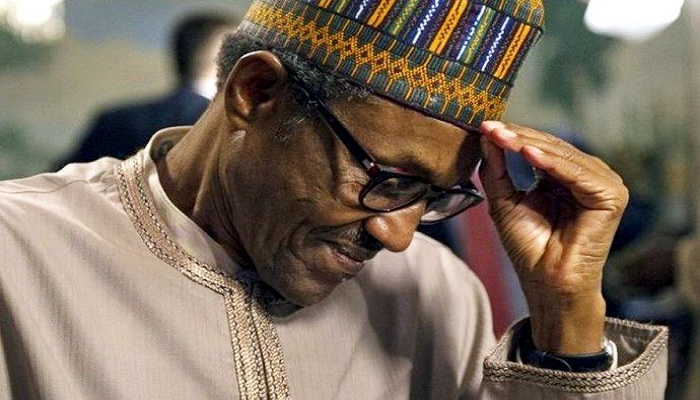Nigeria’s budget deficit is expected to rise to 2.59 trillion in 2019 according to the Federal Government’s Medium Term Expenditure Framework 2019 – 2021. If this is approved in the 2019 fiscal budget, the Buhari Administration will be on track to incur a total budget deficit of a whopping N12.8 trillion in 4 years.
Government fiscal deficits are the summed differential of the government’s total actual fiscal expenditure and actual fiscal revenue where the expenditure is higher. Every year since at least 2011, the government of Nigeria has budgeted a higher expenditure than revenue leading to a total budget deficit of over N13 trillion between 2011 and 2018. However, under the Buhari administration, actual deficits have turned higher than budgeted as the government misses out on revenue targets.
Deficits under Buhari
According to data from the Budget Office, the Buhari administration budgeted a total of about N8 trillion (including N1.53 trillion it inherited under the Jonathan administration) between 2015 and 2018. In terms of actual, it incurred a deficit of N7.5 trillion between 2015 and 2017 compared to N 6 trillion which was budgeted. 2018 budget is still on course.

Since the administration took over in 2015 Nigeria has witnessed an unprecedented drop in fiscal revenues as the country’s grappled with an oil-induced crushing recession. Between 2015 and 2017, the government has earned a total revenue of about N8.8 trillion compared to a budgeted revenue of N12.3 trillion representing a shortfall of about 29%. The dismal performance, particularly in 2017 where actual revenue was N2.6 trillion compared to a budget of N5 trillion ballooned budget deficit to about N3.8 trillion, the highest years.
Buhari inherited a bad economy
To be fair, President Buhari inherited a very bad economy making it mandatory that it increases recurrent expenditure to grind the economy out of recession. At the time he took over Brent Crude oil prices were on a downward spiral trading at about $65 and ending the year at about $36. By 2016 oil got to a year low of $27. The administration also grappled with militant activities that exacerbated Nigeria’s economic situation severely impacting the country’s oil output.
Typically, government’s rely on increased spending A.K.A. stimulus during the recession to help jump-start economic activities in the country. This culminated in a budgeted expenditure of about N6 trillion in 2016 out of which N4.3 trillion was actually spent. In 2017, the government increased its budget to an all-time high of N7.4 trillion out of which N6.4 trillion was spent.
As explained, the government had to borrow to fund its recurrent and capital expenditure plans.
Why it matters
A higher budget deficit means the government will continue to borrow to fund its revenue shortfall. The obvious implications here are two folds. Firstly, the government which currently borrows about 40% of its revenue from the local debt market face higher interest rate payments.
If the government borrows at a significantly higher interest rate then the private sector will continue to borrow at high double-digit rates further depressing economic growth. Already, lending rates range from 19% per annum to over 26% cutting across various forms of lending (personal, corporate loans, mortgages).
Also, the government’s renewed drive to borrow in foreign currency has increased total external debt stock to about $22.08 billion under this administration as Q2 2018. Whilst interest rate is cheaper on foreign borrowings, the country stands the risk of paying much more if we face another massive round of devaluation.
Furthermore, debt service as a percentage of government revenue which currently stands at about 62.5% of government revenue is expected to rise further in 2018 if the government misses its revenue estimates again.









